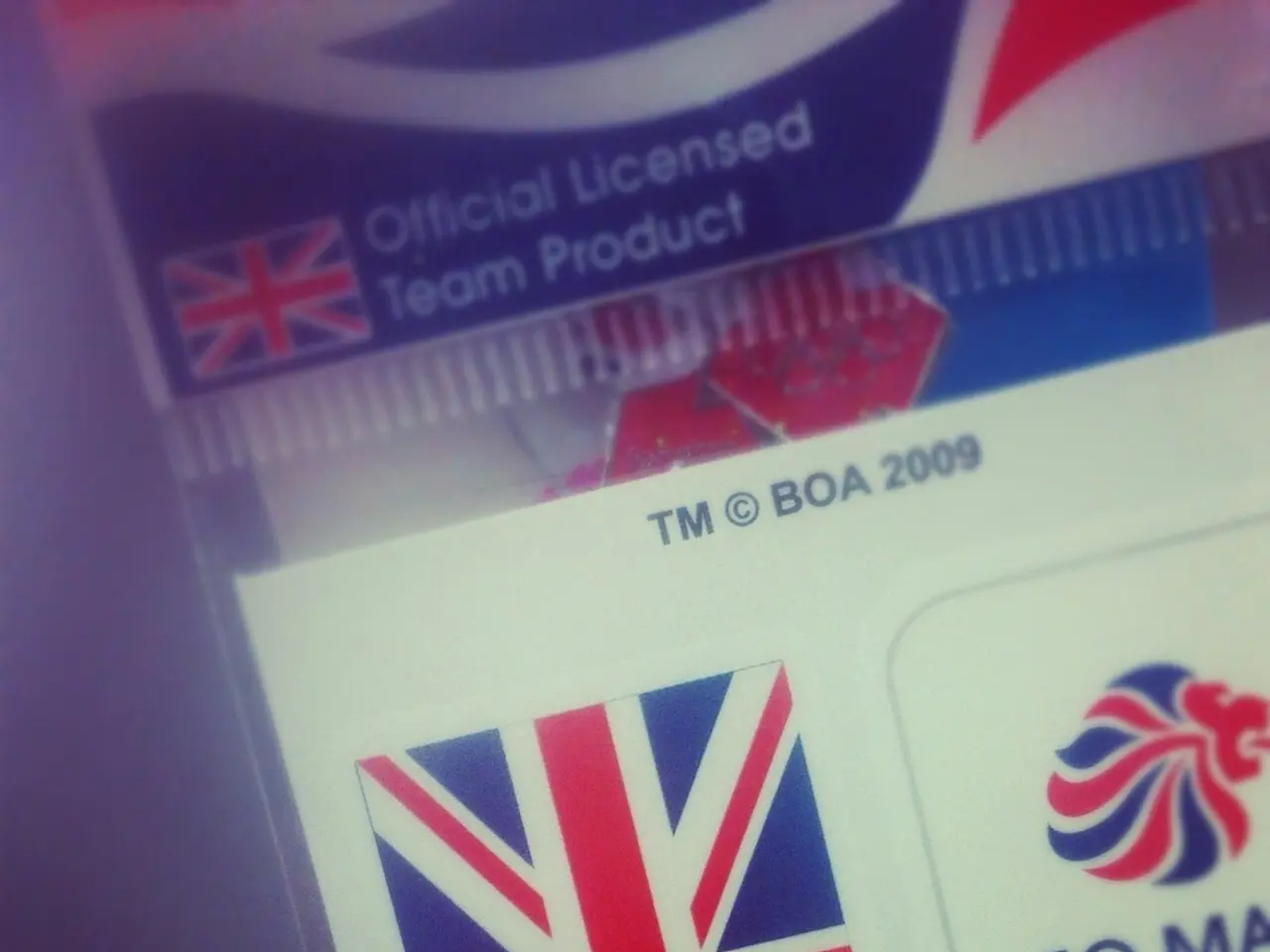Taxation regulations outlined in the One Big Beautiful Bill Act (OBBBA), on an international scale
The One Big Beautiful Bill Act (OBBBA), recently signed into law, brings significant changes to the international tax landscape. Here's a summary of the key changes to Global Intangible Low-Taxed Income (GILTI), Foreign Tax Credits (FTCs), Foreign-Derived Intangible Income (FDII), and Controlled Foreign Corporation (CFC) rules.
Firstly, GILTI has been renamed to Net CFC Tested Income (NCTI). The effective tax rate on NCTI will increase to 12.6% starting in 2026 due to a 40% deduction from the regular 21% corporate tax rate. The Qualified Business Asset Investment (QBAI) return exclusion is eliminated from the NCTI computation.
The deduction under Section 250, which previously offered a 50% deduction, has been reduced to 40%, further impacting the effective tax rate on NCTI. Domestic corporations can credit up to 90% of foreign taxes paid on their NCTI, provided that the foreign tax rate is sufficient (at least 14% for no incremental tax).
Foreign-Derived Intangible Income (FDII) has been renamed to Foreign-Derived Deduction Eligible Income (FDDEI). The effective tax rate for FDDEI is set at 14% (21% corporate tax rate with a 33.34% deduction). Similar to NCTI, QBAI is eliminated from the FDDEI computation.
Deductions for FDDEI calculations are limited to those directly related to qualifying income, excluding interest and R&E expenses. Up to 50% of income from U.S.-produced inventory sold abroad through foreign branches can be treated as foreign-source income under the Limited Sourcing Rule.
Income from outbound transfers under Section 367(d) is excluded from FDDEI. The deduction for Net CFC Tested Income (NCTI) under Section 250 is reduced to 40%, resulting in a higher effective U.S. tax rate of 12.6%.
The Base Erosion and Anti-Abuse Tax (BEAT) rate remains at 10.5%. Credits against the BEAT include R&D credits, low-income housing credits, renewable electricity production credits, and Section 38 credits. The Section 954(c)(6) look-through rule is made permanent.
Expense Apportionment is limited to directly allocable deductions, excluding interest and R&E expenses. The Section 960 haircut has been reduced from 20% to 10%, increasing the available Foreign Tax Credits (FTCs) to 90%.
The OBBBA also reinstates Section 958(b)(4) and introduces Section 951B to address policy concerns. The changes to GILTI/NCTI directly affect CFCs by increasing the effective tax rate on their undistributed earnings and eliminating the QBAI return exclusion.
These changes aim to prevent tax avoidance by ensuring U.S. corporations pay a minimum tax on foreign earnings and to align U.S. tax policies with global standards.
Investing in businesses will need to consider the changes in the finance landscape brought by the OBBBA, as the Net CFC Tested Income (NCTI) has a higher effective tax rate of 12.6% starting in 2026. Similarly, the Foreign-Derived Deduction Eligible Income (FDDEI) also has an effective tax rate of 14%, affecting the tax implications for businesses involved in foreign investments.




